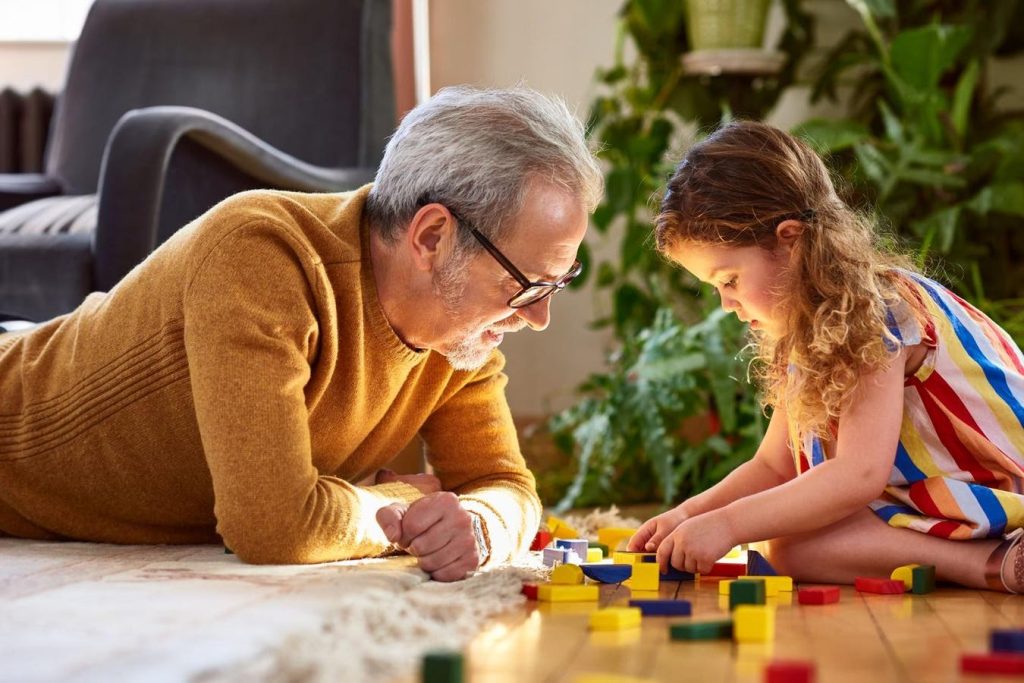Ryan McFarland, the Founder & CEO of Strider Bikes, has been in the toy industry for 17 years, noticing a trend of companies chasing sales at the expense of children’s development. With the “new mom economy” estimated to be nearly $50 billion by Forbes, more companies are creating products that look good rather than benefiting children. McFarland advocates for a critical conversation about the type of play we should encourage in children to define their developmental trajectories.
McFarland emphasizes the importance of play in developmental learning, as children are increasingly spending time on screens rather than engaging in active play. Toys with a “closed-loop” design, such as puzzles and Lego build kits, limit children’s creativity and problem-solving skills by providing specific instructions and little room for imagination. McFarland suggests that children benefit more from “open-ended” toys that allow them to use their creativity and adaptability without strict guidelines.
To promote physical activity and developmental play in toys, McFarland suggests incorporating activities like slacklines, balance boards, and obstacle courses that challenge children’s cognitive reasoning skills. These toys do not provide instructions on how to play, encouraging children to use their creativity, problem-solving skills, and decision-making abilities. By engaging in physical activities with real consequences, children can develop important skills like balance, coordination, and focus.
McFarland believes that riding a bike, especially on varied terrain, is an effective way to teach children important life lessons and skills. By allowing children to create their own challenges and obstacles while riding a bike, they can continuously reinforce their decision-making skills and adapt to different situations. This unstructured and creative approach to play allows children to learn through experience and exploration, building resilience and critical thinking abilities.
In developing toys that inspire and challenge children, manufacturers should focus on providing both challenge and freedom in play. By including multiple possibilities for play without detailed instructions, children can use their imagination to create various structures and scenarios. The goal is to equip children with the skills and abilities they need for real-life adventures, teaching them about risk, reward, and the importance of resilience and creativity in overcoming challenges.
As a member of the Forbes Business Council, Ryan McFarland advocates for toys that bring out the best in children, preparing them for the complexities of life. By focusing on toys that promote growth, creativity, and problem-solving, we can help children develop the skills they need to succeed in the future. Let us give children the tools they need to navigate the challenges of the world and prepare them for a lifetime of learning and growth.


